Request a Demo
Trusted by leading brands, retailers, manufacturers and service providers across industries such as:


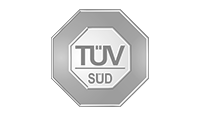
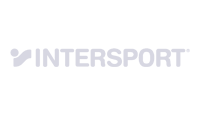

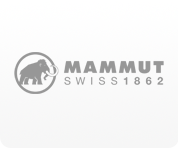





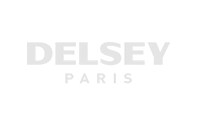
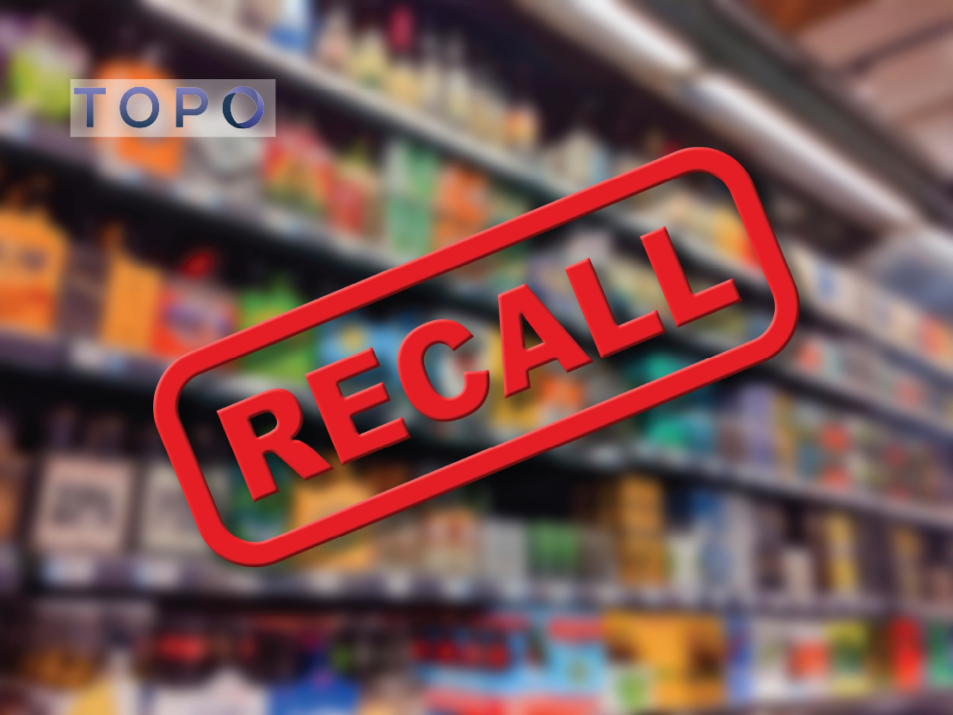
A product recall is the process of alerting your consumers of a defective product and ensuring these products are removed from circulation and disposed of or replaced where possible. Defective products are not just an inconvenience to consumers. They can be dangerous, causing injuries, disease or even death. Food and beverage recalls are exposed to wide media coverage due to the potential impact they could have on public health. The recent recall of approximately 5,760 cases of Capri Sun beverages by Kraft Heinz came after diluted cleaning solution, which is used on food processing equipment, was inadvertently introduced into a production line at one of their factories.
There have been some infamous product recalls, many in the automotive and technology sectors. The case of the exploding vehicle airbags has been the most expensive in terms of money, widespread impact, deaths and reputation. Approximately 67 million Takata airbags were recalled between 2014 and 2021 because they could explode when exposed to high heat and humidity when deployed. The recall was one of the most complex safety recalls in history. It impacted 19 automakers globally and cost millions of yen. The Takata Corporation filed for bankruptcy in 2017.
Product recalls are a major setback for any company, of any size, including those in the consumer goods sector. Whirlpool Inc has implemented recalls of multiple models of washing machines and tumble dryers in the last three years due to fire risk. The company has been criticized heavily by consumer protection groups and the UK government for failing to issue a full-scale recall at the time of identifying the fault. It had to be pressured to publish a list of affected models and to offer refunds in 2019.
From mobile phones and laptop batteries overheating to incidents of food contamination to children’s apparel resulting in choking hazards, every industry needs to follow its recall management system and compliance procedures.
While product recalls are primarily associated with harms to consumers, businesses can have their reputation destroyed overnight. Companies that recall products are often subject to financial risks. They can be exposed to product liability claims, loss of revenue, damage to brand equity, shareholder value and face prosecution as well.
These risks can be mitigated by monitoring the manufacturing process and inspecting your products to make sure they continue to comply with the regulations and specifications. Documenting all actions taken relating to compliance and safety standards. This means recording the content of all transaction documents and communications related to the involved parties: suppliers, distributors and customers. All costs must be tracked in case of future liability and insurance claims.
The best way to manage product recalls is to familiarize yourself with the latest safety standards, regulations and certifications, required for your industry but also the specific products is the key here, as these regulations are ever evolving. Here are a few steps you can follow to avoid product recalls.
Problems can already appear with the product specifications and the manufacturing process. Where the design does not conform to industry standards and applicable laws, there is an immediate issue.
As well as being vital to the manufacturing process, QC means being able to track and verify incoming components from your suppliers and your suppliers’ suppliers (Tier 2). Any non-conforming goods can be handled at this point.
Product recalls are bad for your business and equally bad for your suppliers. Supplier agreements must be unambiguous and contain clear mention of the consequences of failures.
Inspections are an essential part of any good quality assurance system. With the right tools in place, brands and retailers can identify and correct any compliance and safety problems before they can cause a product recall. To ensure your product remains compliant, routine inspections spanning across your supply chain
Create a collaborative work environment from top to bottom. Testing your internal communication processes and having a fully trained team available to respond quickly. The team should include experts on industry safety standards, certifications and regulations related to all your products and their outsourced component parts. It does not stop there. The regulatory environment is ever evolving. Are your employees entirely up to date?
Technology eases the burden of manual , repetitive work that costs a lot of time. With the right technology, people can automate the tasks, lower the costs, fewer resources are required and people can shift their focus on the quality of actual product. This will minimize the risk of recalls and drive up the quality. Investing in technology will provide accurate and verified data to track the products, identify and address any issues that may arise in the recall process. An important benefit of the technology is all supply chain stakeholders will have access to the same information at the same time. However, selecting the right solution may not be enough, you also need to train users to use it to meet internal, external, national, and international standards and regulations.
A product recall is a formal process that requires immediate attention and clear communication to everyone who may be affected. Data must be available in real-time to provide management with a basis for rapid decision-making. For example, with the right information at hand, it is possible to identify customers through their method of payment, allowing for apologies, refunds and reparations. The sheer volume of information required means that technology must become the enabler. Product recalls, when handled efficiently, may help to rebuild the possible loss of trust among customers.
With Topo’s Know Your Product, Compliance and Quality modules brand and retailers can adapt quickly to new regulations, collect certifications and technical details and perform inspections for a product. They can provide:
Topo’s “Know Your Product”(KYP) module
KYP is a product compliance solution that allows users to search for product documentation and requirements with ease. It is a user-friendly tool that gives access to all the regulatory requirements, compliance information, and certifications in a single search in seconds.
It helps users narrow their searches down and focus on aspects such as product categories and sub-categories, materials, product functions, sale location and type of output, which may include information such as chemical limits, advice in the form of guidebooks and links to regulatory sites.
Topo’s Compliance module
The Compliance module assists retailers and brands to comply with required standards and regulations. It streamlines suppliers and factories onboarding process, collects certifications and technical files for a product.It records, stores and manages the audits for all the factories and facilities, helps to connect amfori BSCI and EUTR compliance data, incident and grievance management, alongside the resolution of Corrective Action Plans (CAPs).
It helps to mitigate risk of using an unapproved source and builds a trusted supplier and factory network to support business continuity.
Topo’s Quality module
The Quality Management module manages quality checks at any stage throughout the supply chain from sample testing, food tasting, daily inspections, factory inspections, shipment and warehouses to stores inspection and claim management.
It helps in faster inspection cycles, speed to market and reduces customer returns and associated costs.
Discover how Topo’s low code technology can help you in avoiding product recalls.